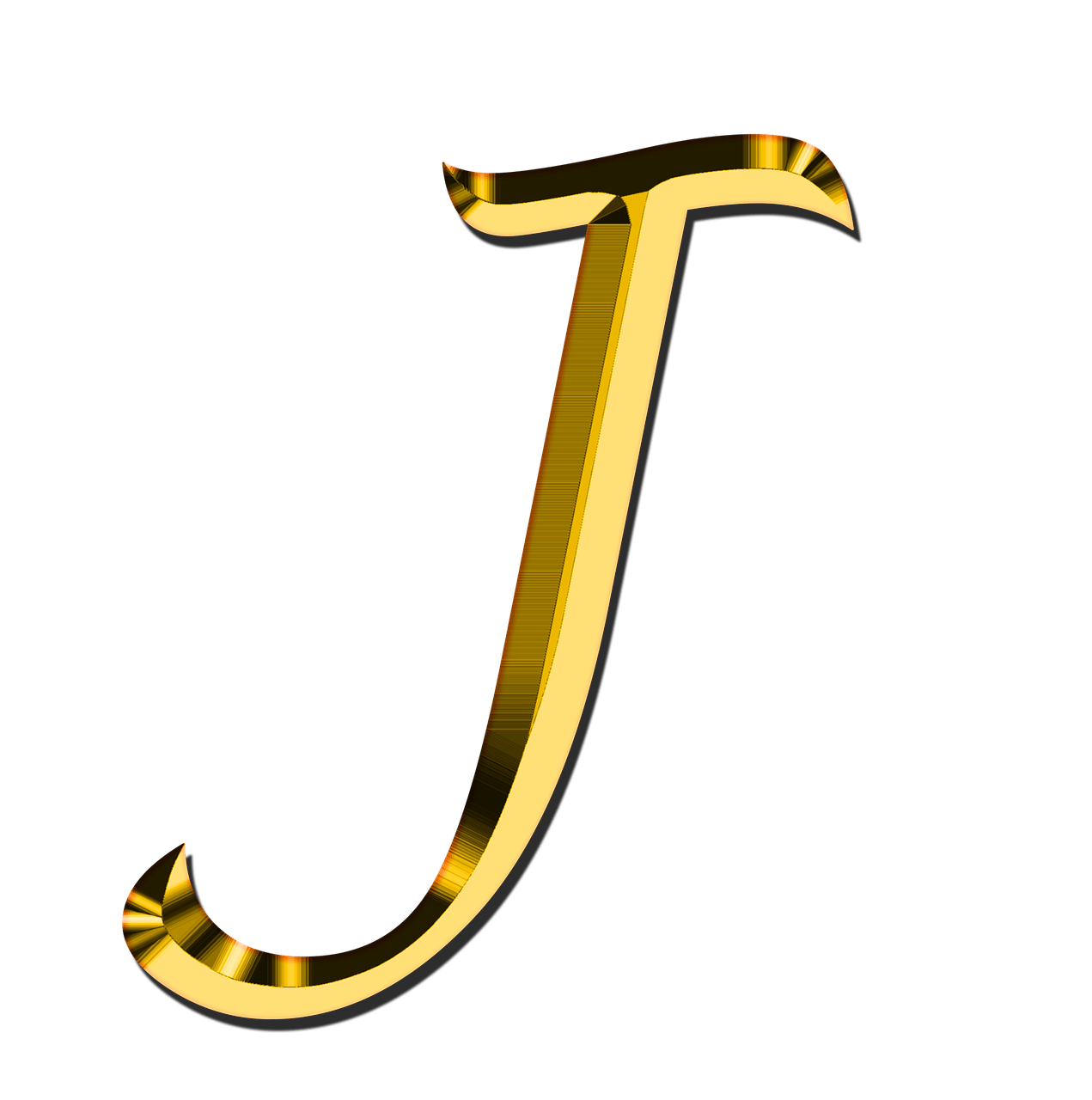Have you ever wondered about the people who shaped the literary scene of times gone by, the figures whose words and ideas helped define an era? It’s a curious thing, really, to consider how certain individuals leave such a lasting mark on the way we think about books and writing. We often hear names mentioned in passing, names that, you know, pop up in discussions about older works or particular movements, and it makes you think about their actual contribution. So, when we talk about someone like J.C. Squire, there's a certain pull to understand just what made his presence felt in the world of letters, isn't there?
His work, in a way, represents a particular moment in cultural expression, a time when voices like his truly helped guide public thought on creative endeavors. It's almost as if he stood at a crossroads, influencing both the creation and the reception of written pieces. People back then, they looked to figures like him for guidance, for a sense of what was good, what was worth paying attention to, and what, perhaps, was not. That kind of impact, you see, is something that stays with us, even if the specific details might fade a little over time.
Today, with so much information available, it’s interesting to consider how a person like J.C. Squire might have operated, how his thoughts would have spread, or how he would have, you know, engaged with a wide public. Back then, the ways people shared knowledge and opinions were quite different from the rapid-fire exchanges we see now on, say, online question-and-answer sites or through various content sharing platforms. Nevertheless, the core human desire to connect over ideas, to find answers, and to share insights, that remains a constant thread, doesn't it?
Table of Contents
- J.C. Squire - A Life in Letters
- What Can We Learn from J.C. Squire's Approach to Writing?
- Exploring the Echoes of J.C. Squire's Influence Today
- A Closer Look at the World Around J.C. Squire
J.C. Squire - A Life in Letters
When we consider the life of a literary figure such as J.C. Squire, we are, in some respects, looking at a person whose professional existence was deeply entwined with the written word. He was, as many know, a notable voice in the literary conversations of his time, contributing to the critical discourse and the creative output of his period. His activities, you know, often spanned different aspects of the literary world, touching upon poetry, critical assessments, and editorial responsibilities. This kind of multifaceted involvement suggests a person deeply committed to the growth and direction of literature, really.
It's fair to say that his contributions were, for many, a guiding light, helping people make sense of the new works appearing and giving shape to the discussions around them. He played a part in defining what was considered important, what was worth celebrating, and what perhaps needed a second look. This sort of role, you see, isn't just about writing; it's about helping to build a community of readers and writers, a place where ideas can grow and be shared. It’s a bit like how certain online communities today provide a spot for people to come together and discuss their shared interests, whether it's about a particular show or a specific hobby, like those dedicated to, say, "Murder Drones" or various fan-created content sites.
While we might not have all the small details of his day-to-day existence readily available in every public record, his professional output speaks volumes about his focus and dedication. He was, apparently, someone who understood the pulse of the literary world and knew how to speak to it, both as a creator and as someone who helped others appreciate what was being made. His presence, quite simply, helped shape the literary experiences of many people who lived through that period, offering them a framework for engaging with the books and poems of their time, you know.
Below, we've put together a brief overview of some personal details and biographical data, offering a glimpse into the background of J.C. Squire. This information helps us place him within the broader sweep of literary history, giving us a slightly clearer picture of the person behind the published words, more or less.
| Detail | Information |
|---|---|
| Full Name | John Collings Squire |
| Born | March 21, 1884 |
| Died | December 20, 1958 |
| Nationality | British |
| Known For | Poet, writer, literary critic, editor |
| Associated Movements | Georgian Poetry |
| Notable Publications | Various collections of poetry and critical essays |
What Can We Learn from J.C. Squire's Approach to Writing?
Looking at how J.C. Squire approached his writing and critical work, we can, in a way, pick up on some timeless lessons about engaging with creative expression. He was a person who, apparently, valued a certain kind of clarity and accessibility in his prose, even when discussing complex ideas. This focus on being clear, on making sure your message gets across without unnecessary fuss, is something that still holds true, isn't it? It's a bit like how a good online question-and-answer platform, like Zhihu, aims to help people share knowledge and insights in a way that others can easily grasp and use to find their own answers.


